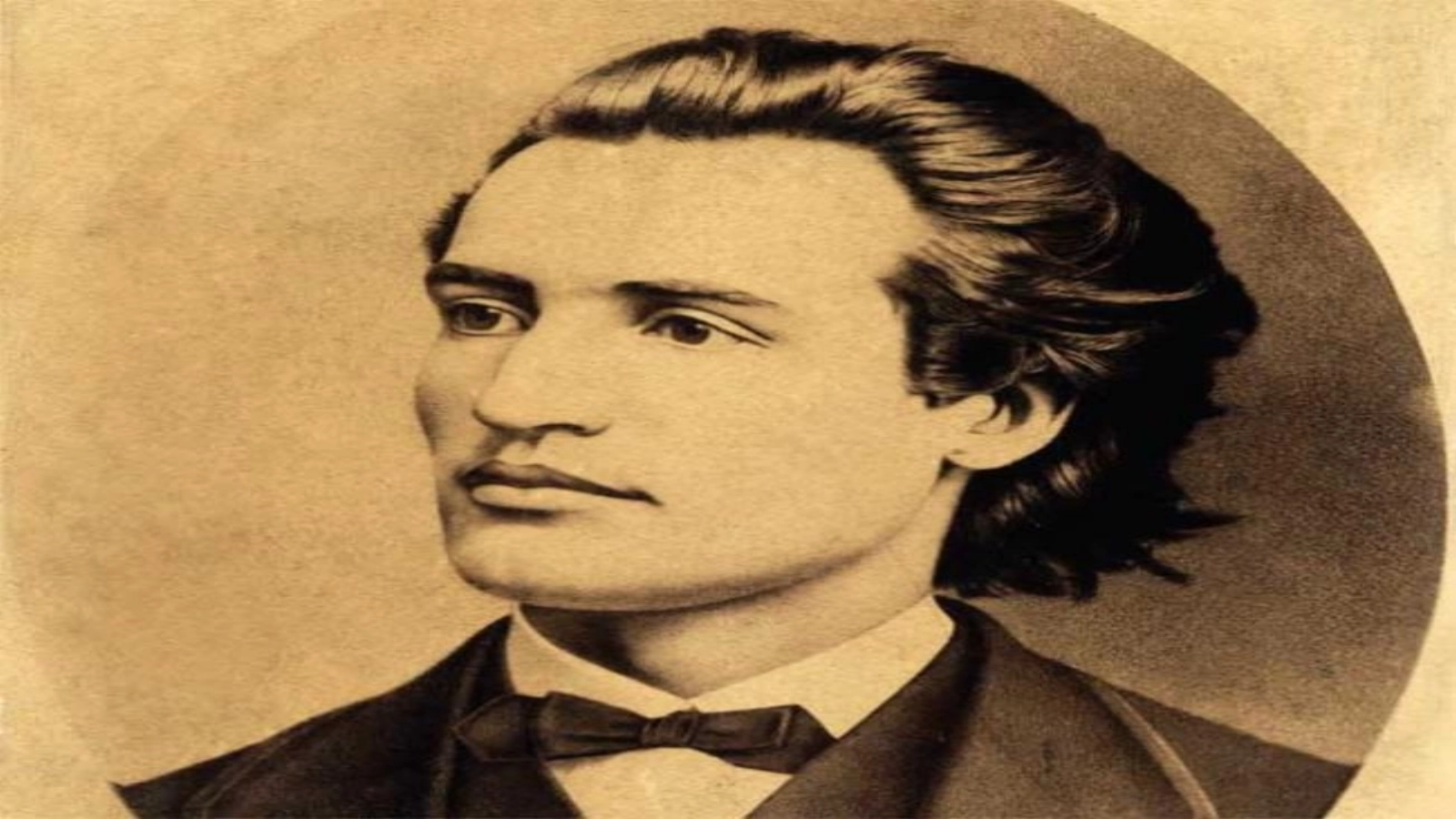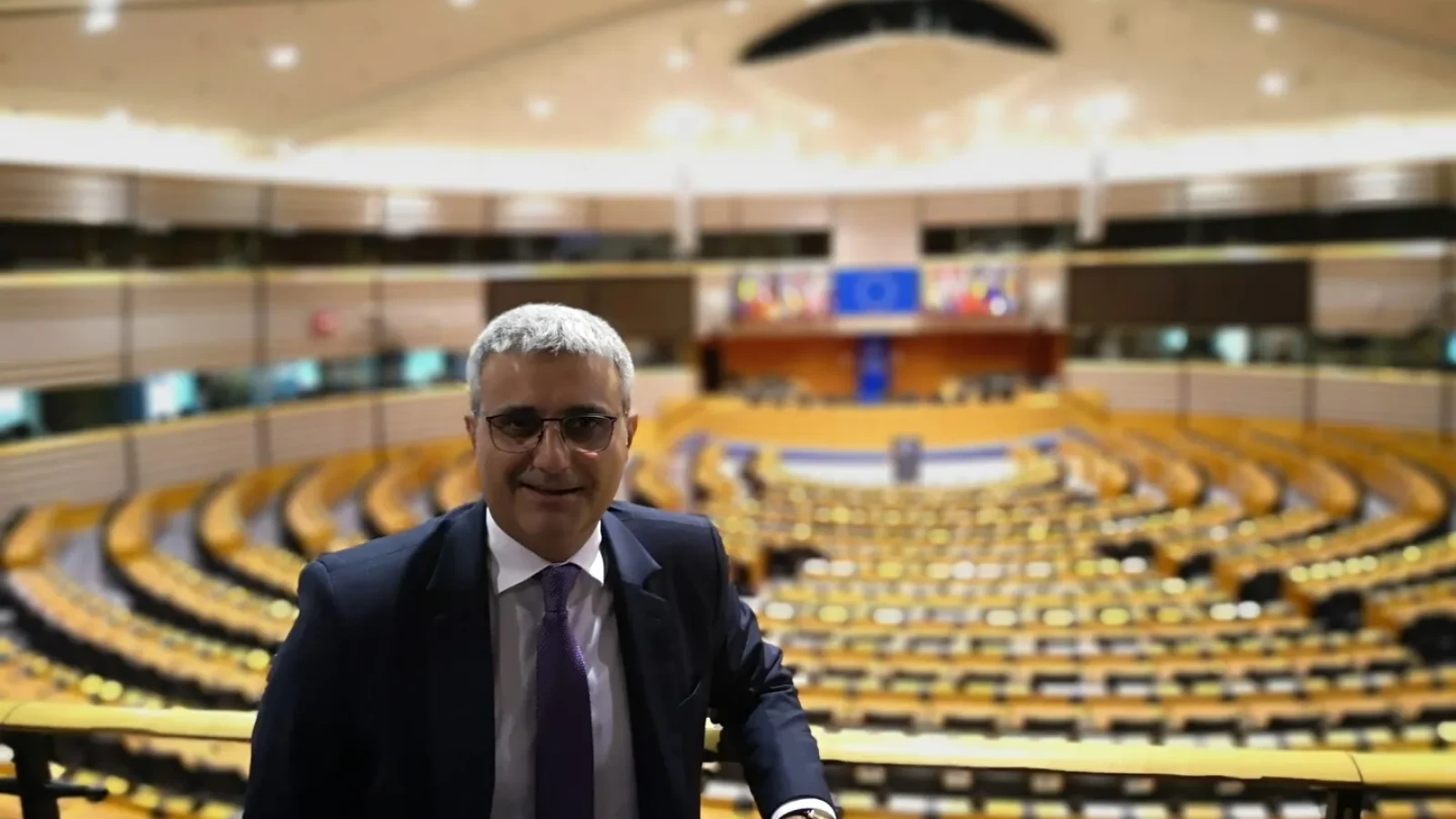Romania celebrates National Culture Day on January 15, the date of birth of the National Poet, Mihai Eminescu. The Romanian Parliament adopted the law in 2010 and the day has been marked since 2011. Recently speaking of Mihai Eminescu, Acad. Ioan-Aurel Pop, current President of the Romanian Academy, and Acad. Ana Blandiana said that what is deeply national is also European, respectively universal, basilica.ro reports.
The National Culture Day, marked on Mihai Eminescu’s birthday, was the initiative of Acad. Eugen Simion, former President of the Romanian Academy. He wanted to institutionalize a day for paying homage to the emblematic personality of Romania’s National Poet.
Mihai Eminescu’s birthday has also been voted as National Culture Day in the Republic of Moldova, where more than 80% of inhabitants speak the Romanian language and were once part of the Romanian state.
The day was marked on Friday at the Romanian Academy, when Acad. Ioan-Aurel Pop affirmed that Mihai Eminescu is European exactly “because he expresses the essence of the Romanian spirit”. At the same time, he said, “he is the most representative Romanian creator for having created within the European common cultural framework.”
Poetess and Corresponding Member of the Romanian Academy Ana Blandiana considers that Eminescu was universal by being deeply national, since universality is the world concert of national identities.
Eminescu “assumed, more than any other poet, our suffering, our hopes and even our guilt; he accepted to carry the heavyweight of our collective destiny, which weighed down on his battling wings,” said the poetess last year, at the “Eminescu și Putna” Symposium held at Putna Monastery.
“Eminescu got so deeply connected to our Romanian fate – such a close connection that it was like a life sentence – and thus he has kept us with him in eternity. There was a moment when I realized that being a Romanian poet – in any place and at any time in the future – means not forgetting the prototype. Not forgetting that he is the prototype,” added Ana Blandiana.
Romanian 20th-century poet Lucian Blaga wrote in 1936 about “The Idea of Eminescu”: “It is a vector for us, for our people. I do not know to what degree we are able to make it a vector. For our spiritual growth, for our spiritual becoming, it is an essential idea.”
































Comentează